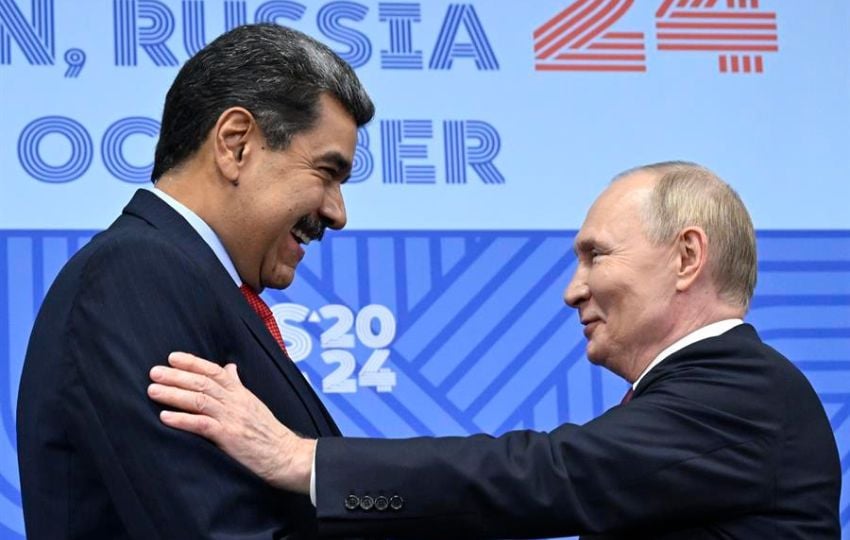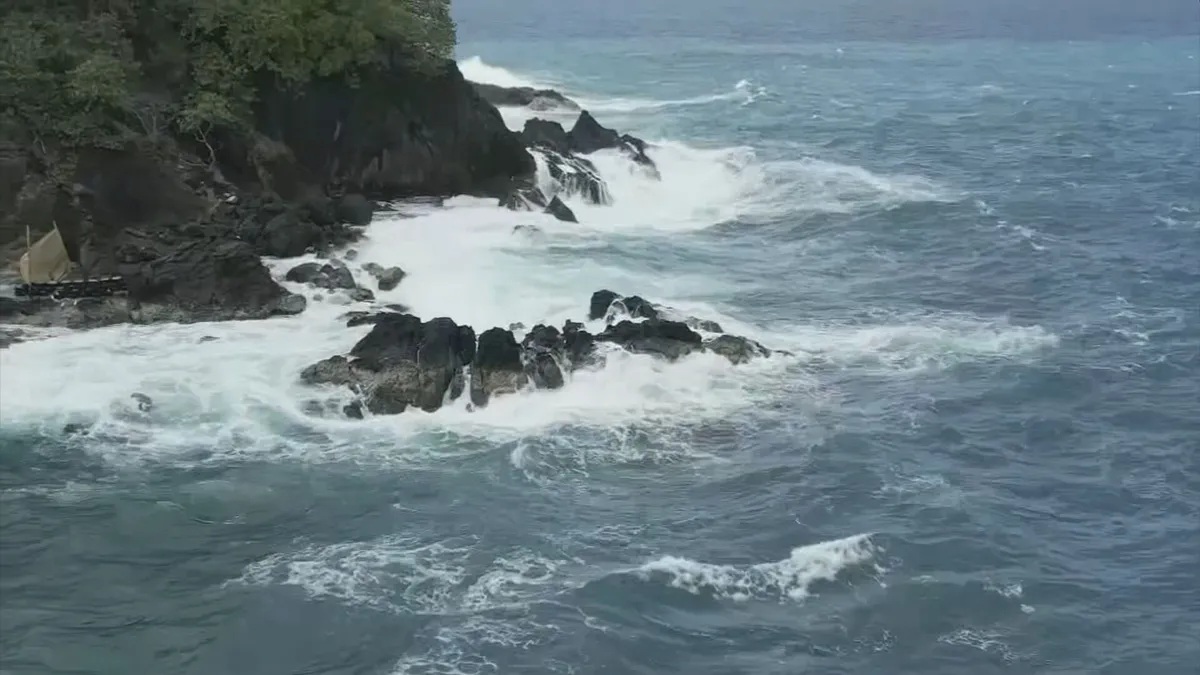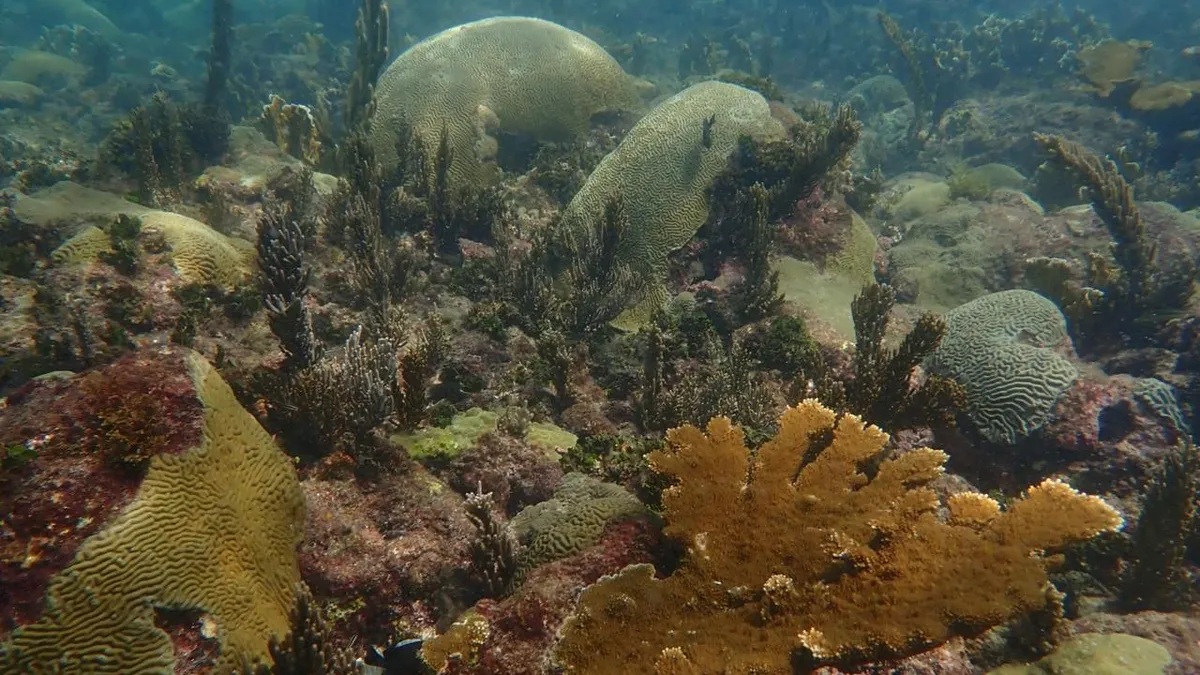Brazil Vetoes Venezuela from BRICS. Maduro Complains to Putin
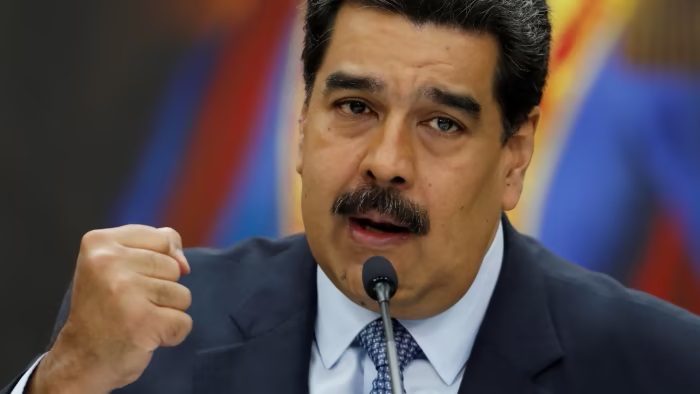
Venezuelan President Nicolas Maduro tried to apply pressure “at the last minute” to get Venezuela included in the list of countries associated with the BRICS, to which Brazil reacted by expressing its “emphatic” opposition, government sources explained on Friday. Brazil refused to allow Venezuela to join the list of associated countries because, “at the moment,” relations between the two countries “are not friendly,” according to the sources.
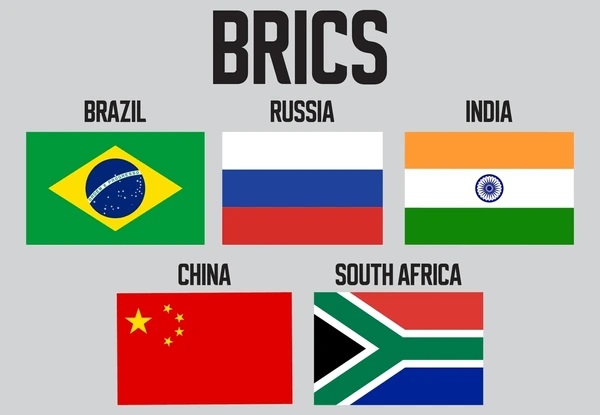
The list of 13 countries that will be associated with the BRICS, which has not yet been officially approved, was agreed by consensus among representatives of the nine members of this forum at a meeting held on Tuesday in the Russian city of Kazan. According to sources, the meeting initially included a list of twelve countries, and Algeria was included in the list. The list of thirteen countries, leaked to the press, includes Algeria, Belarus, Bolivia, Cuba, Indonesia, Kazakhstan, Malaysia, Nigeria, Thailand, Turkey, Uganda, Uzbekistan and Vietnam.
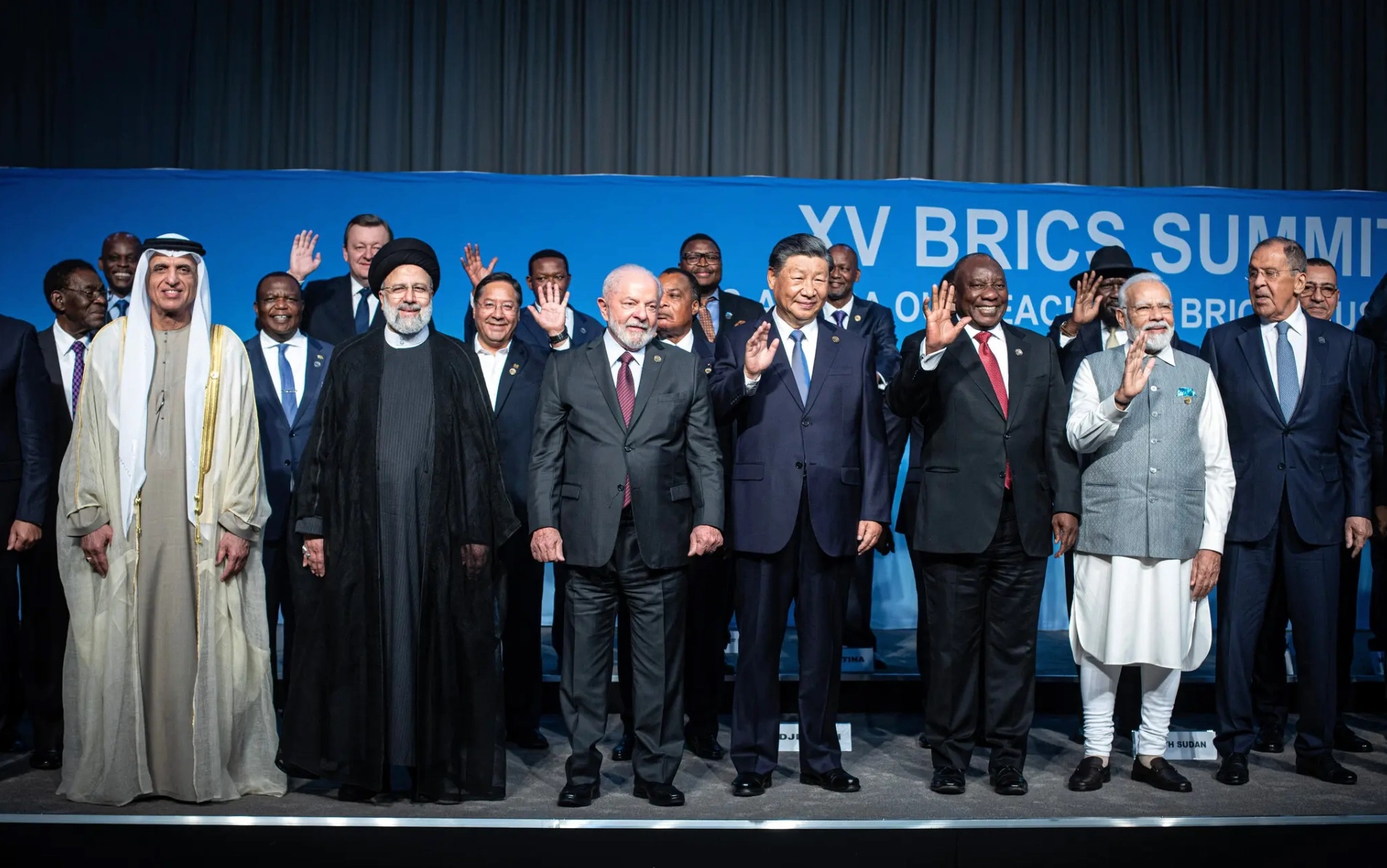
According to sources, Maduro attempted a “last-minute move” by speaking with Russian President Vladimir Putin to try to get the Caribbean country on the list. This pressure led Brazil to express its “most emphatic” opposition to Caracas’ entry, causing “irritation” within the Venezuelan government. At the end of the summit, the government of Nicolás Maduro described Brazil’s veto as a “hostile gesture” and an “aggression” against the interests of the nation.
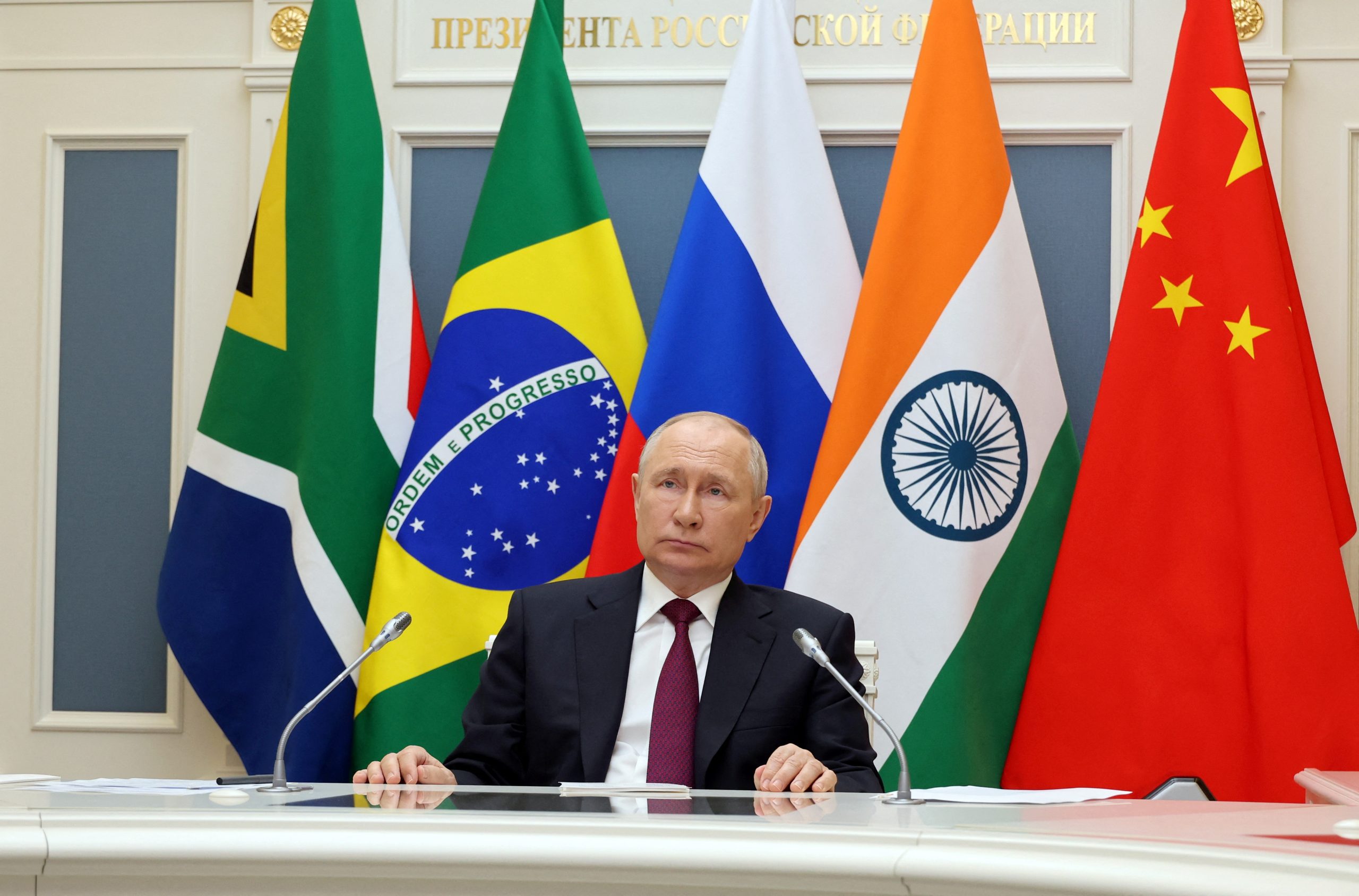
In a statement, the Venezuelan Foreign Ministry said that this veto is “reproducing the hatred, exclusion and intolerance promoted by Western power centers to prevent, for now, the entry of Bolívar’s homeland into this organization.” Relations between Caracas and Brasilia have deteriorated following the Venezuelan presidential elections on July 28, in which the National Electoral Council (CNE) declared Maduro the winner, a decision questioned by the opposition. Brazil has refused to recognize Maduro’s victory and has repeatedly asked Venezuelan authorities to release the electoral records to prove Maduro’s victory over opposition candidate Edmundo González Urrutia.
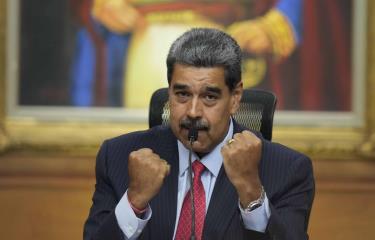
Russian President Vladimir Putin received a surprise visit from Venezuelan leader Nicolas Maduro, who is making his first trip abroad since the July political crisis in the Caribbean nation. “Venezuela is one of Russia’s old and reliable partners in Latin America and in the world in general,” Putin said during the meeting held in the Russian city of Kazan and broadcast live on Russian public television. The Russian leader stressed that “the strategic partnership relations between our countries continue to strengthen.” “Bilateral trade volumes are growing, we have multiple projects in energy, pharmaceutical, transportation, space exploration, and new technologies,” he said. For his part, Maduro, who arrived in Kazan on a surprise trip, said that Venezuela “has managed to recover its economy through its own efforts, with very positive indicators of economic growth, of defeating inflation, and investment.” “We are prepared to continue receiving Russian investment, to continue strengthening our trade, to continue strengthening the alliance between business sectors in all fields,” he said. “We have gone through the desert, as you know, I think we have gone through several deserts and we are now standing, whole and victorious, the people of Venezuela are victorious,” he said, referring to the deep economic and political crises that the Caribbean nation has gone through in the last decade. The president said that “Venezuela is on the path of the BRICS, because it is on the path of world balance, to build a multipolar, multicentric world. “Venezuela “practices the principles of the BRICS out of conviction, the global South can only exist with the right to have the future, to have equality, to have freedom, to have prosperity.” “This 21st century is the century of great change, of great transformation, the century of the birth of new geopolitics, where the new emerging superpowers like China, like Russia, like India, can practice relations of respect and cooperation with the peoples of the global South and East,” he said.
